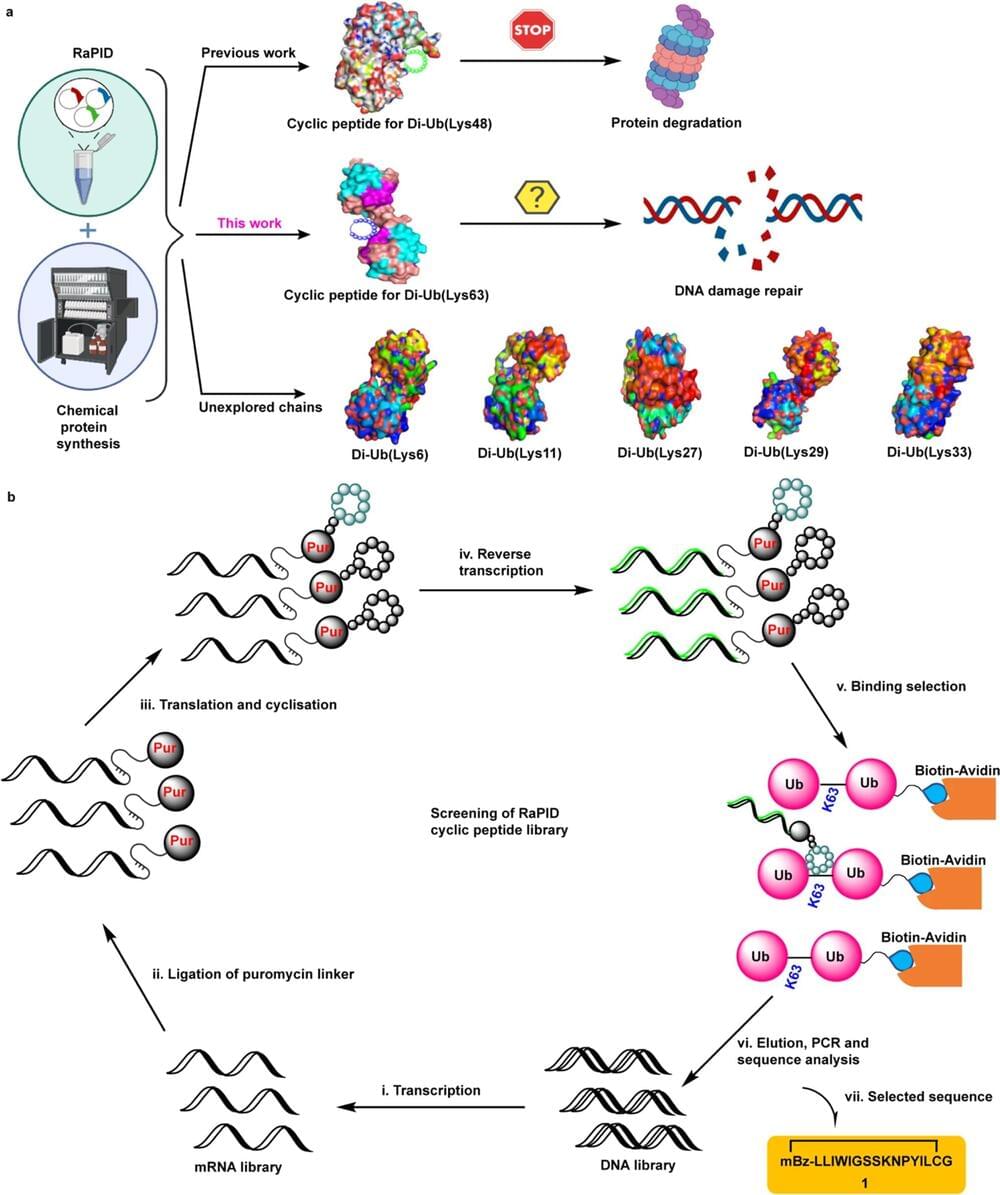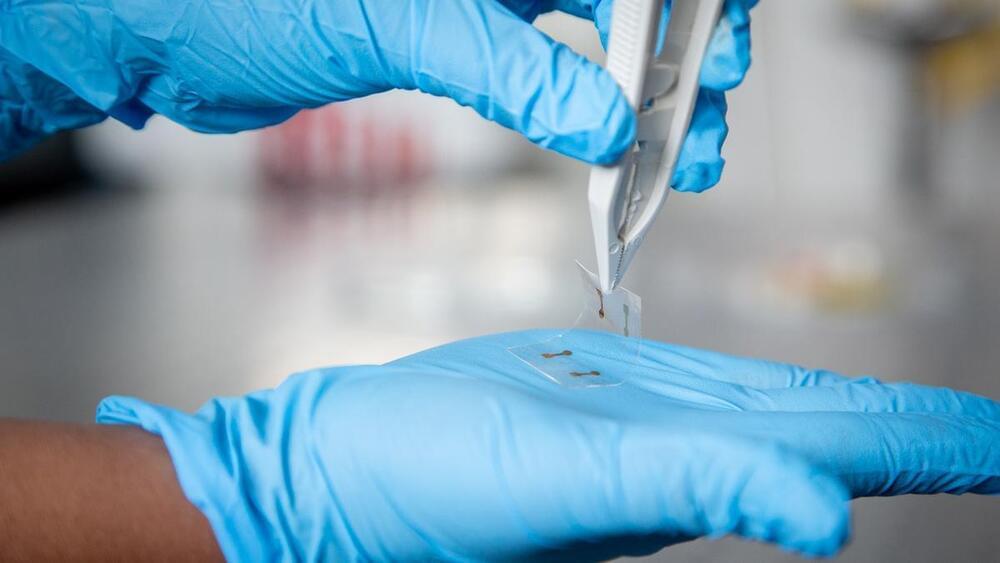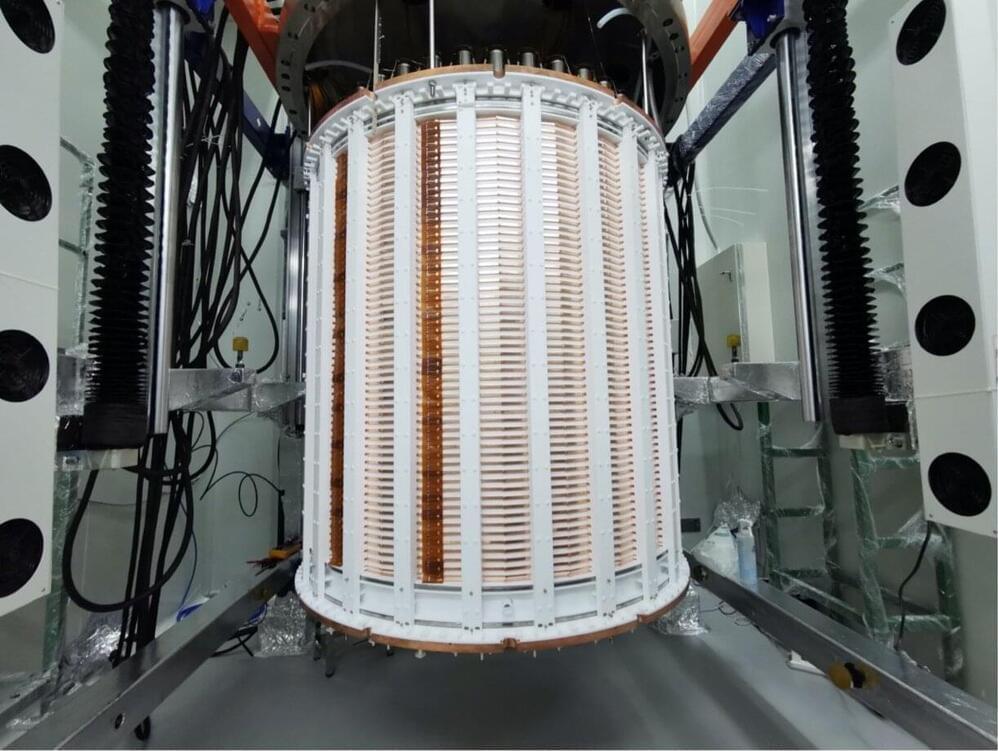
Perhaps Arthur C. Clarke was being uncharacteristically unambitious. He once pointed out that any sufficiently advanced technology is going to be indistinguishable from magic. If you dropped in on a bunch of Paleolithic farmers with your iPhone and a pair of sneakers, you’d undoubtedly seem pretty magical. But the contrast is only middling: The farmers would still recognize you as basically like them, and before long they’d be taking selfies. But what if life has moved so far on that it doesn’t just appear magical, but appears like physics?
After all, if the cosmos holds other life, and if some of that life has evolved beyond our own waypoints of complexity and technology, we should be considering some very extreme possibilities. Today’s futurists and believers in a machine “singularity” predict that life and its technological baggage might end up so beyond our ken that we wouldn’t even realize we were staring at it. That’s quite a claim, yet it would neatly explain why we have yet to see advanced intelligence in the cosmos around us, despite the sheer number of planets it could have arisen on—the so-called Fermi Paradox.
For example, if machines continue to grow exponentially in speed and sophistication, they will one day be able to decode the staggering complexity of the living world, from its atoms and molecules all the way up to entire planetary biomes. Presumably life doesn’t have to be made of atoms and molecules, but could be assembled from any set of building blocks with the requisite complexity. If so, a civilization could then transcribe itself and its entire physical realm into new forms. Indeed, perhaps our universe is one of the new forms into which some other civilization transcribed its world.









